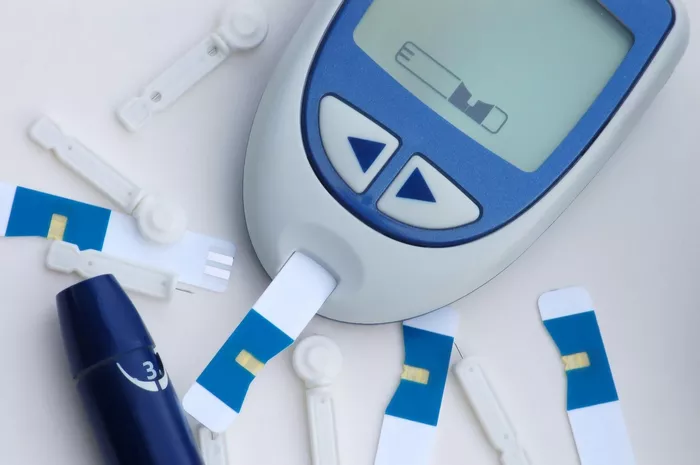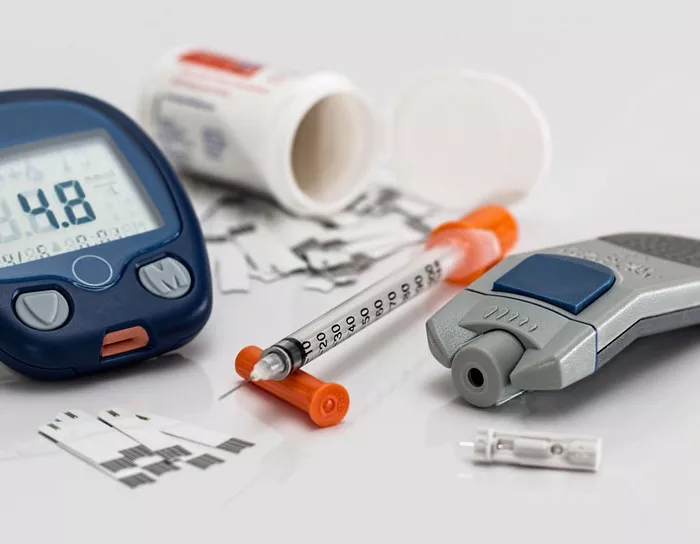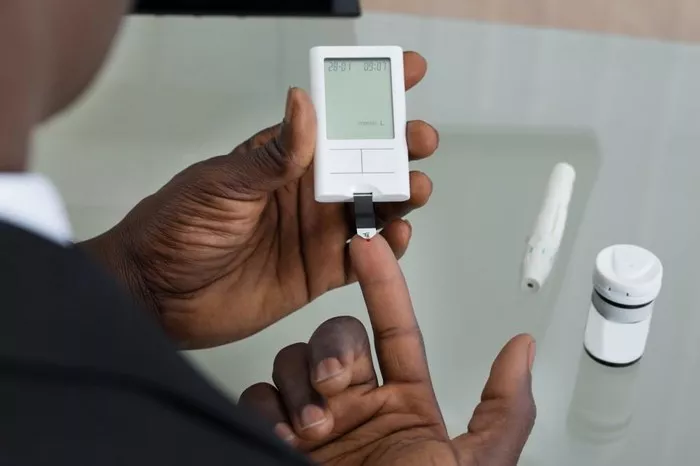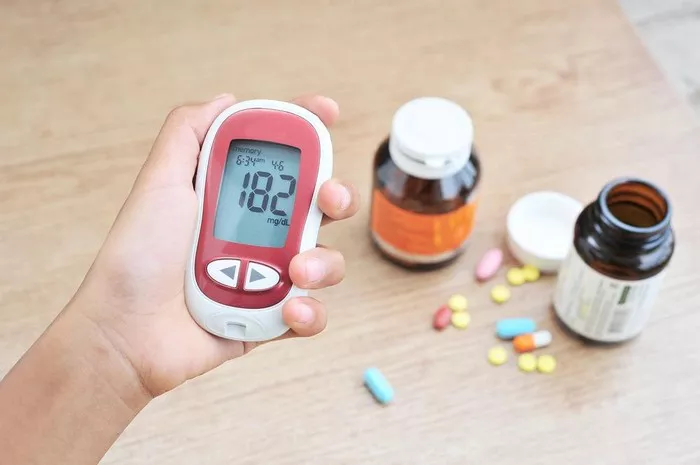Hypoglycemia is a medical condition characterized by abnormally low blood sugar levels, typically below 70 milligrams per deciliter (mg/dL). It occurs when the body’s glucose supply drops below the level needed for normal functioning, leading to a variety of symptoms.
Common Signs and Symptoms
The signs and symptoms of hypoglycemia can vary widely but may include:
- Sweating
- Shakiness or tremors
- Palpitations
- Hunger
- Confusion or difficulty concentrating
- Irritability or mood changes
- Dizziness or lightheadedness
- Fatigue or weakness
Severity of Symptoms
The severity of hypoglycemia symptoms can vary depending on the individual and the extent of the low blood sugar levels. Some people may experience mild symptoms that are easily manageable, while others may have more severe manifestations that require immediate attention.
Triggers and Causes: Several factors can trigger hypoglycemia, including:
- Skipping meals or delaying meals
- Engaging in excessive physical activity without adequate carbohydrate intake
- Taking too much insulin or certain diabetes medications
- Drinking alcohol without consuming food
- Underlying medical conditions affecting hormone levels or glucose metabolism
Symptoms in Different Populations: It’s important to note that the signs and symptoms of hypoglycemia can vary among different populations, including adults, children, and individuals with diabetes or other health conditions. Children and older adults may experience different symptoms compared to younger adults.
Recognition and Awareness: Prompt recognition of hypoglycemia symptoms is crucial, especially for individuals with diabetes who may need to take immediate action to raise their blood sugar levels. Being aware of one’s typical symptoms and monitoring blood sugar levels regularly can help prevent complications.
Treatment and Management: Treatment for hypoglycemia typically involves consuming fast-acting carbohydrates to raise blood sugar levels quickly. This may include glucose tablets, fruit juice, or sugary snacks. Additionally, regular monitoring of blood sugar levels and adjustments in diabetes management, including medication doses, are essential to prevent hypoglycemic episodes.
When to Seek Medical Attention: Medical attention should be sought if hypoglycemia symptoms are severe, prolonged, or recurrent, or if the individual is unable to treat themselves effectively. Severe hypoglycemia can lead to loss of consciousness or seizures and requires immediate intervention.
Prevention Strategies
To prevent hypoglycemia, individuals are advised to:
- Eat regular meals and snacks with a balance of carbohydrates, protein, and healthy fats
- Monitor blood sugar levels regularly, especially before and after exercise or physical activities
- Adjust medication doses as recommended by a healthcare professional
- Avoid excessive alcohol consumption on an empty stomach, especially for individuals at risk of hypoglycemia
Conclusion
In conclusion, hypoglycemia is a serious condition that requires awareness, prevention, and timely management. By understanding the signs and symptoms, identifying triggers and causes, and implementing appropriate prevention strategies, individuals can effectively manage hypoglycemia and maintain optimal health.
Related Topics:
What Can Immediately Lower Blood Sugar

























